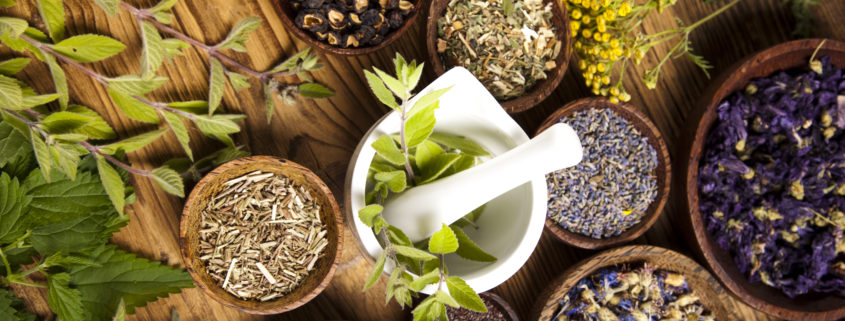Natural Remedies for Dry Sockets
Two days after your tooth extraction, you begin to experience excruciating, throbbing pain. Perhaps it extends to the ear and the eye on the extraction side of your face. Bad news. You probably have a dry socket.
Dry sockets occur when a blood clot either does not form after a tooth extraction or is lost. When this happens, the jawbone and nerves that were protected by the blood clot become exposed, causing significant pain and delayed healing. Good news. There are natural remedies for dry sockets that can relieve your pain within minutes to hours.
Clove Oil – Clove oil is used by dentists in so many applications that the smell of clove oil is often what patients identify as the smell of a dental office. Why is clove oil used so frequently in the dental field? Because it has antiseptic properties that fight bacteria in the mouth. These properties can be harnessed to treat a dry socket. Simply rinse the socket gently with warm salt water to clean it then apply a clove oil dressing, made by rolling a piece of cotton or gauze into a ball and adding a drop of clove oil. The ball should be small enough to fit in the socket without compacting but big enough to prevent food from entering it. Replace the ball every 24 hours until the pain is relieved. This process can take up to 5 days, but some relief can be expected within minutes to an hour.
Salt Water – Stir 1/2 teaspoon of salt into an 8 oz glass of warm water until the salt dissolves. Warm water can reduce swelling while salt can prevent infection. It is good to rinse gently with this solution 24 hours after a tooth extraction to prevent dry sockets. If you already have dry sockets, rinse gently with the solution 2-3 times per day to see results.
Cold Compress – A cold compress can be made using an ice pack purchased from the store, ice cubes and a towel, or a towel soaked in cold water. What is important is that the cold object is applied to the wounded area with pressure. Hold the compress to the side of the face that is affected for 15 minutes, 4-5 times per day to reduce swelling.
Honey – Honey is a natural antibacterial. Some studies report that honey can sterilize dry sockets within 3-6 days. Make a honey dressing in the same way that you would make a clove oil dressing, only by dipping the cotton or gauze ball into the honey with a pair of tweezers.
Black Tea – Black tea is a natural antibiotic, capable of reducing pain and swelling. Place a black tea bag in hot water as you would to make tea. Once the tea is sufficiently brewed, remove the tea bag and let it cool. Once cool, place the tea bag on the dry socket and hold it there for 5-10 minutes. Afterward, use the tea you made to rinse your mouth.
Apple Cider Vinegar – Apple cider vinegar is antibacterial and anti-inflammatory, preventing infections. To make an apple cider vinegar dressing, dip a cotton ball in the vinegar and place it on the dry socket, holding it there for 10 minutes, 2 times per day.
Garlic – As unpleasant as it may sound, garlic is another natural antibiotic and anti-inflammatory, good for treating dry sockets. Make a paste using garlic cloves and a little salt. Apply the paste to the socket for 30 minutes before removing and rinsing with warm water.
Turmeric – Turmeric is a natural pain reliever and anti-inflammatory. Mix 1/2 teaspoon of turmeric with a little water to make a paste and apply it to the dry socket. After 20 minutes, rinse the area with warm water. Do this 2-3 times per day.
Valerian Root – Valerian root is capable of alleviating the sensitivity of the nervous system. Make a tea by placing a piece of the root in boiling water for 10-15 minutes. Sip the tea 2 times per day.
Tea Tree Oil – Tea tree oil is a natural antiseptic that can heal dry sockets. Dip a cotton swab in water then place 1-2 drops of tea tree oil on it. Press this against the dry socket for 5 minutes, then rinse with warm water. Do this 2-3 times per day.
Now that you know some of the natural remedies for dry sockets, which will you choose? For more natural ways to take care of your teeth after dry sockets, read Natural Ways to Improve Teeth Health.



